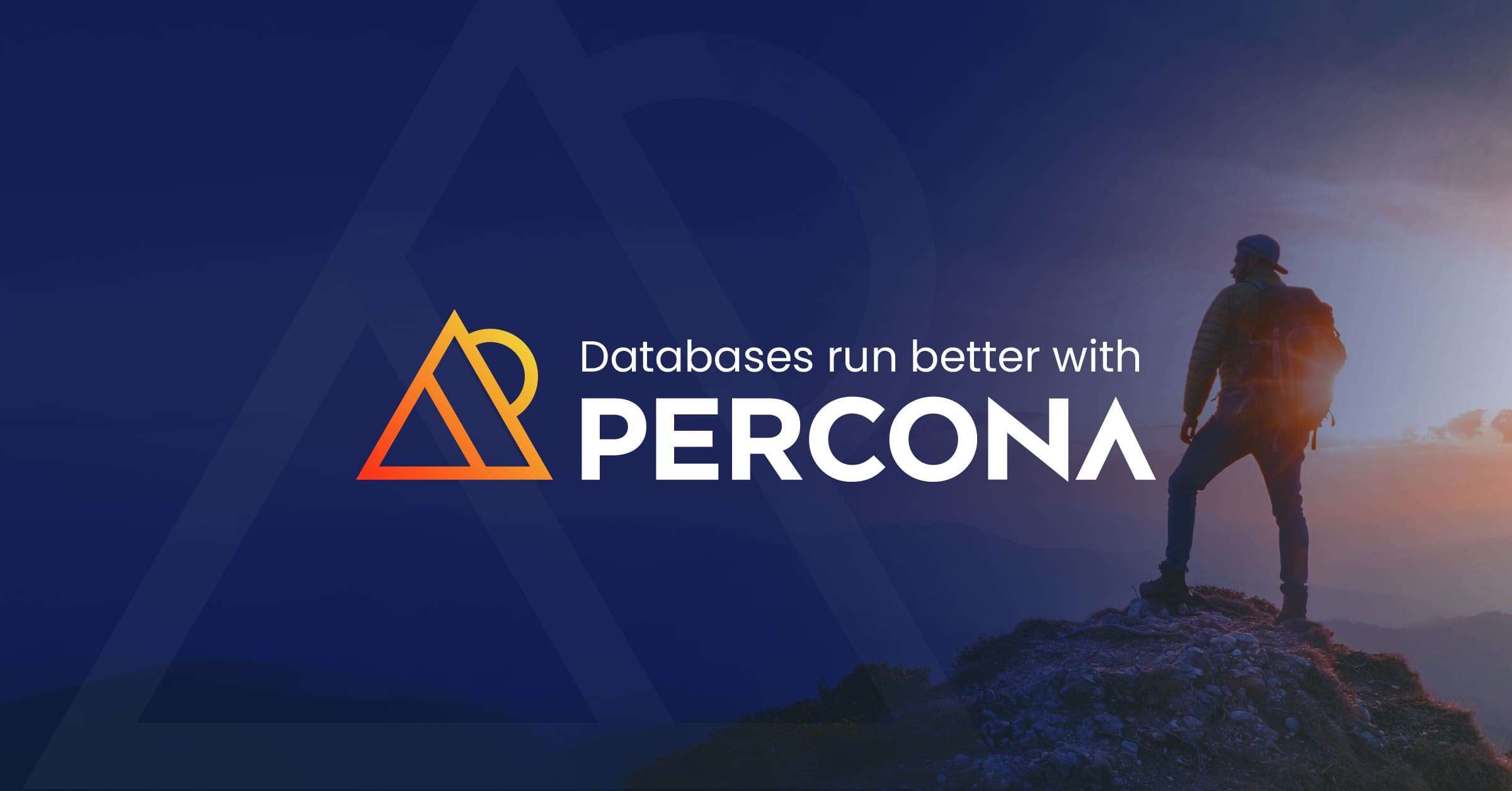Interesting enough this year people at OSCON do not show to much interest in the MySQL, and Databases for that reason. Our talk comparing performance of MySQL Storage Engines had probably 20-30 people, Monty’s talk on MySQL Source Code had about same number, and as Monty told me he never had so few people on his talk. This is from massive 2600 people attending the conference.
The other Database related talks I visited had similar size of audience – talks on migration To and From MySQL, Josh Berkus talk on Performance Optimization (this one if about full stack), Developing using SQL Lite. On other hand front end related talks such as PHP performance optimization or High Performance JavaScript were attended extremely well.
MySQL BOF supported by bear and pizza had about same number of attendees. With a lot of familiar faces.
MySQL booth was not to active ether – in many cases I could see lonely Kelly sitting on it. But This could be related to the fact there were few MySQL Developers hanging around it most of the time, compared to army of technical guys at PostgreSQL booth. I would say even SolidDB booth was more attended.
I’ve heard comments from some MySQL people this is probably due to the fact all folks really interested in MySQL go to Users Conference. This is surely true but I would expect significant Overlap between “Open Source Guys” and “MySQL Users” and if you’re happen to be on the conference with topic of your interest you’re likely to visit sessions etc. Or may be people think they know they need to know about MySQL already and nothing cool happened from MySQL Users Conference ?
In general my impression PostgreeSQL is attracting more interest on the OSCON than MySQL.






Could it be that PostgreSQL seems like more of a real open source project than MySQL? By going corporate, requiring agreements to be signed to submit patches, and generally turning the development process into a centralized Cathedral model, despite having an active community, MySQL AB has reduced its appeal to real open source hackers/enthusiasts. Not that this necessarily is a bad thing, nor that it isn’t necessary to really move MySQL to the next level, but it does make MySQL more of a product and less of a project, the latter of which I imagine appeals more to OSCON goers.
Chip,
IT is surely quite possible. PostgreSQL with its BSD License and no version intended for customers only (as MySQL Enterprise) indeed looks OpenSource. Same as Debian is more OpenSource than RedHat.
I agree this does not matter for most of MySQL users – it is OpenSource enough so you can use it free and sources are available to see and hack.
I wouldn’t group Red Hat quite so much with MySQL. MySQL basically holds updates hostage, fixing them quickly in the enterprise line and waiting to put them in the open source line. RH treats Fedora a the testing ground, releasing quickly and more often, and rolling safer, more planned updates into the enterprise line. RH’s model, to me, is more about ensuring compatibility and safety in upgrading; MySQL’s seems more about enticing people to pay just to get bug fixes. I think the MySQL approach is flawed (or at least not well named/marketted) in that you don’t get many testers trying things before pushing a change to the so-called enterprise product line. I hope MySQL AB will realize this is a flawed model and change someday soon 🙂
Chip, MySQL AB is actually actively working on exactly making the opposite happening! We are very serious about opening the doors (and windows) of the Cathedral as wide as we can to encourage more community contributions and interactivity. If you happen to be at OSCON, make sure not not miss Kaj Arn̦`s talk about this subject: The MySQL Architecture of Participation Рhttp://conferences.oreillynet.com/cs/os2007/view/e_sess/14622 Рplease get in touch with me if you want to discuss your concerns or impressions about MySQL AB. Thanks!
I didn’t find many talks at OSCON about MySQL, and the ones that were there were not terribly interesting.
Talks about the internals aren’t too compelling for me, a user.
Previous years seemed to have more interesting talks. And it’s seemed that the quantity of talks has declined since mysql has had it’s own conference.
Lenz: The opening doors and windows is pretty good.
On the other hand as I understood Kaj MySQL plans to stop releasing Enterprise sources to the community in the easily available form.
This is actually funny as customers would still have access to them and will have a right to redistribute it as it is still GPL software.
Chris,
Indeed this is the case. We submitted several MySQL Presentations which were targeting general audience and surely appealed to wider amount of users but for some reason only “Landscape of Open Source Transactional Storage Engines” talk was accepted which surely was targeted on experienced MySQL users.
Peter,
First, I think your headcounts are a bit pessimistic because of the size of the rooms. My talk had about 60 attendees (I’ve been headcounting at OSCON for a few years) and Monty’s was very similar sized. Historically, though, DB talks at OSCON have always had lower attendence than programming language talks … that’s why there’s fewer of them.
Thanks for the compliment on the booth. I’ve already harassed Jay about this … there are never any engineers in the MySql booth, which leads people who don’t go your talks to think that there aren’t engineers at the conference. We use our booth as a promotional tool by staffing it with community members and it works very well, but that requires people at the booth who can answer technical questions.
Josh,
Thanks for comment. May be I’ve miscounted – I did not count people just had general feeling of relatively low attendance.
Indeed your approach is great for OSCON – you may want Sales Army on your booth on the conferences like LinuxWord but this one is more geeky and hands on engineers are very important. There generally were few MySQL Developers this year – we had Brian and Monty of course but these did not spend most of their time at booth.
I actually spoke to Monty about this one and he agrees there should be more developers. Other than benefit for MySQL in terms of community building it is great reward for many engineers to go to OSCON.
Peter,
I think it should be pointed out that the majority of technical people at the booth were not Postgres developers (although there were some) but, rather, users and DBAs in love with their database of choice. By both allowing and asking the Postgres users, of any type, present at the conference to represent the community, the openness of the Postgres project was only emphasized for us as well as giving those of us who haven’t submitted patches or previously been involved in the advocacy side of things a new avenue of participation past being involved with the mailing lists. Basically, it was a win-win for both the community at large and the individuals present.
Thanks Erik,
Obviously from the glance view you can only tell these guys some kind of affiliated with PostgreSQL as they were wearing special PostgreSQL T-Shirts which were not given away, and also they did not look like Sales Guys 🙂
I agree this is good idea, considering PostgreSQL project nature.
I agree that the size of the rooms is misleading. It makes the audience seem smaller than it really is, especially for the speaker who is often pretty far away from the seats.
I was very interested in seeing you talk, although I would have preferred something about tuning and performance analysis to a survey of not-quite-ready storage engines. Unfortunately, you were opposite Tim Bunce talking about his new tools for DBI (the Perl database interface), and that probably drew a lot of people who would otherwise want to go to a MySQL talk.
Scheduling talks is tough, and I’m sure they did the best they could to minimize conflicts. Don’t take it as a lack of interest in MySQL or your work.